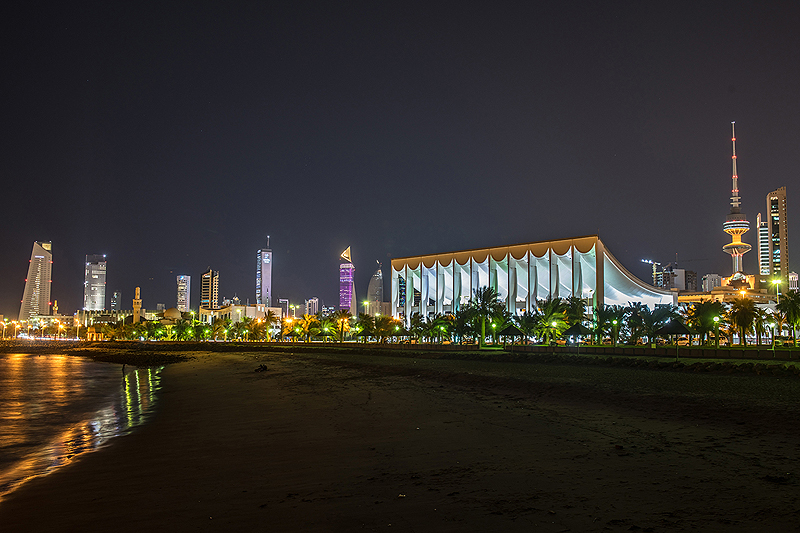
By B Izzak
KUWAIT: The National Assembly's educational committee yesterday approved key amendments to the press and publication and audiovisual laws to scrap prison penalties for most offenses, head of the panel said. MP Awdah Al-Awdah said jail terms will however remain for insulting the Almighty and a few other issues. According to the amendment, the penalty will be only against violators and not against producers and directors of programs.
Meanwhile, National Assembly Speaker Marzouq Al-Ghanem yesterday denied that one of his office boys had tested positive for the coronavirus, which required Ghanem to undergo a 14-day quarantine. Ghanem was responding to MP Mohammad Al-Mutair, who made the claim on Twitter, saying that the Assembly session yesterday had been cancelled because the speaker was under quarantine, demanding that the session should have been held with the deputy speaker.
Ghanem admitted he was under quarantine but had tested negative, and that no one from his office had tested positive for the virus. But he acknowledged on Twitter that an Assembly worker in another department had tested positive. The speaker announced on Monday the cancellation of regular sessions after a number of MPs and workers tested positive for the disease, and based on a letter sent by the health minister. He declined to provide details about the number and identity of those infected, saying this should be announced by the health authorities.
MP Hamdan Al-Azemi said the people should be informed about the number of coronavirus cases reported in the Assembly, and if the number really affects convening of sessions. Azemi said the sessions should be held even if some MPs test positive, because the remaining members can attend. The Assembly was due to debate a grilling against Finance Minister Barrak Al-Sheetan, in addition to a number of draft laws and issues related to the coronavirus crisis.
Kuwait will lift the four-month coronavirus ban on Friday prayers at mosques nationwide this week after taking all measures to prevent the disease's spread. The decision by the ministry of awqaf and Islamic affairs includes more than 1,000 mosques across all governorates, Undersecretary Fareed Emadi said in a statement. Necessary precautionary measures have been taken to prepare the mosques, like complete sanitization, guiding signboards and measures to ensure social distancing between worshippers.
Mosque doors will open 30 minutes before the call to prayer and close 15 minutes after prayers, with the khutbah (sermon) and prayer not exceeding 15 minutes. The entry and exit of worshippers will also be organized with signs on the ground organizing the location of each worshipper during prayer. Under the decision, khatibs (preachers) have been instructed to remind worshippers of abiding by health and safety measures like social distancing, to wear facemasks and to stay home if they experience any symptoms.
Those currently in quarantine will be denied entry, according to Emadi, who urged those with weak immune systems or with chronic illnesses to stay home. Water fountains and toilets will be shut, and seats and door handles will be routinely sanitized, he added. Therefore, worshippers are required to do their pre-prayer ablution (wudu) at home.
Worshippers are also required to bring their own prayer rug and wear a facemask, or they will be denied entry. Hand shaking and close social interactions are discouraged inside the mosque. Children under the age of 15 will be denied entry. Prayers conducted at the Grand Mosque will be televised on state TV, added the official, who warned that if rules are not observed, mosques will be closed once again.

